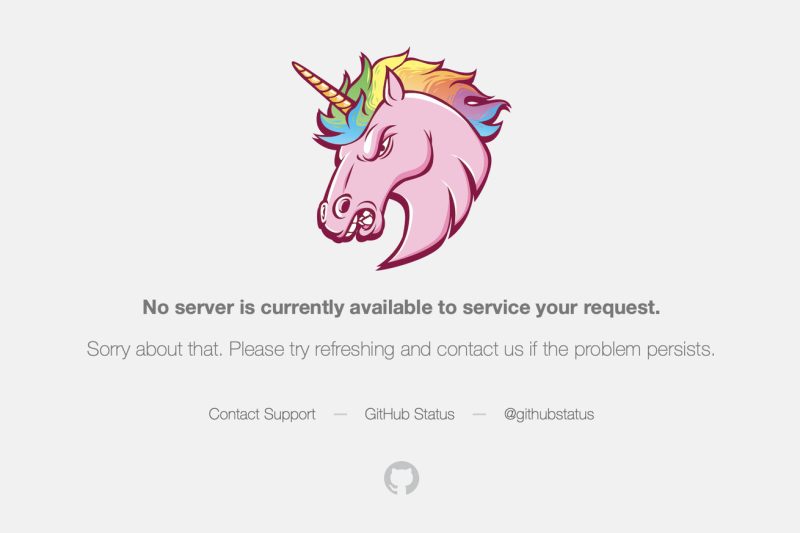GitHub Experiences Major Outage, Creating Havoc for Developers
The recent outage faced by GitHub sent shockwaves through the developer community, causing widespread disruptions in software development processes and collaborations. The incident revealed that even the most dependable platforms are susceptible to technical glitches and highlighted the importance of having contingency plans in place to mitigate similar situations in the future. This article aims to provide an insight into the consequences of the GitHub outage and the lessons learned from this unforeseen event.
For developers around the world, GitHub is not just a version control system; it symbolizes a hub of innovation and collaboration. It serves as a central repository for code, enabling seamless teamwork, version control, code review, and issue tracking. Thus, when the platform encountered an unexpected downtime, the ripple effects were felt across the entire software development ecosystem. Projects stalled, deadlines were at risk, and communication among team members became arduous.
One of the most significant outcomes of the outage was the realization of over-reliance on a single platform. Many software development teams had placed their entire workflow and collaboration processes on GitHub, assuming its availability as a given. The outage served as a wake-up call, prompting organizations to reconsider their dependency on a single service provider and to explore diversifying their toolset to mitigate risks associated with such unforeseen events.
Moreover, the incident underscored the importance of maintaining robust backup and recovery mechanisms. While GitHub worked tirelessly to restore services and minimize downtime, developers faced the challenge of being unable to access critical code repositories and project documentation in real-time. This highlighted the need for organizations to regularly back up their codebases and establish alternative communication channels to ensure continuity in the event of a service disruption.
Communication also emerged as a key issue during the outage. With developers scattered across different time zones and relying heavily on GitHub for discussions and issue tracking, the downtime exposed vulnerabilities in effective communication practices during emergencies. Moving forward, teams are advised to establish backup communication channels, such as instant messaging platforms or dedicated forums, to ensure uninterrupted collaboration and quick problem resolution in case of service disruptions.
In conclusion, the GitHub outage served as a stark reminder of the fragility of digital infrastructure and the unforeseen challenges that can arise in a technology-driven world. It emphasized the importance of diversification, resilience, and adaptability in software development practices. As developers and organizations reflect on the lessons learned from this incident, they are encouraged to proactively review their workflows, establish contingency plans, and adopt a more holistic approach to collaboration and communication strategies. By learning from such events and building resilience into their processes, developers can better prepare for future disruptions and ensure smoother sailing in the turbulent seas of software development.

